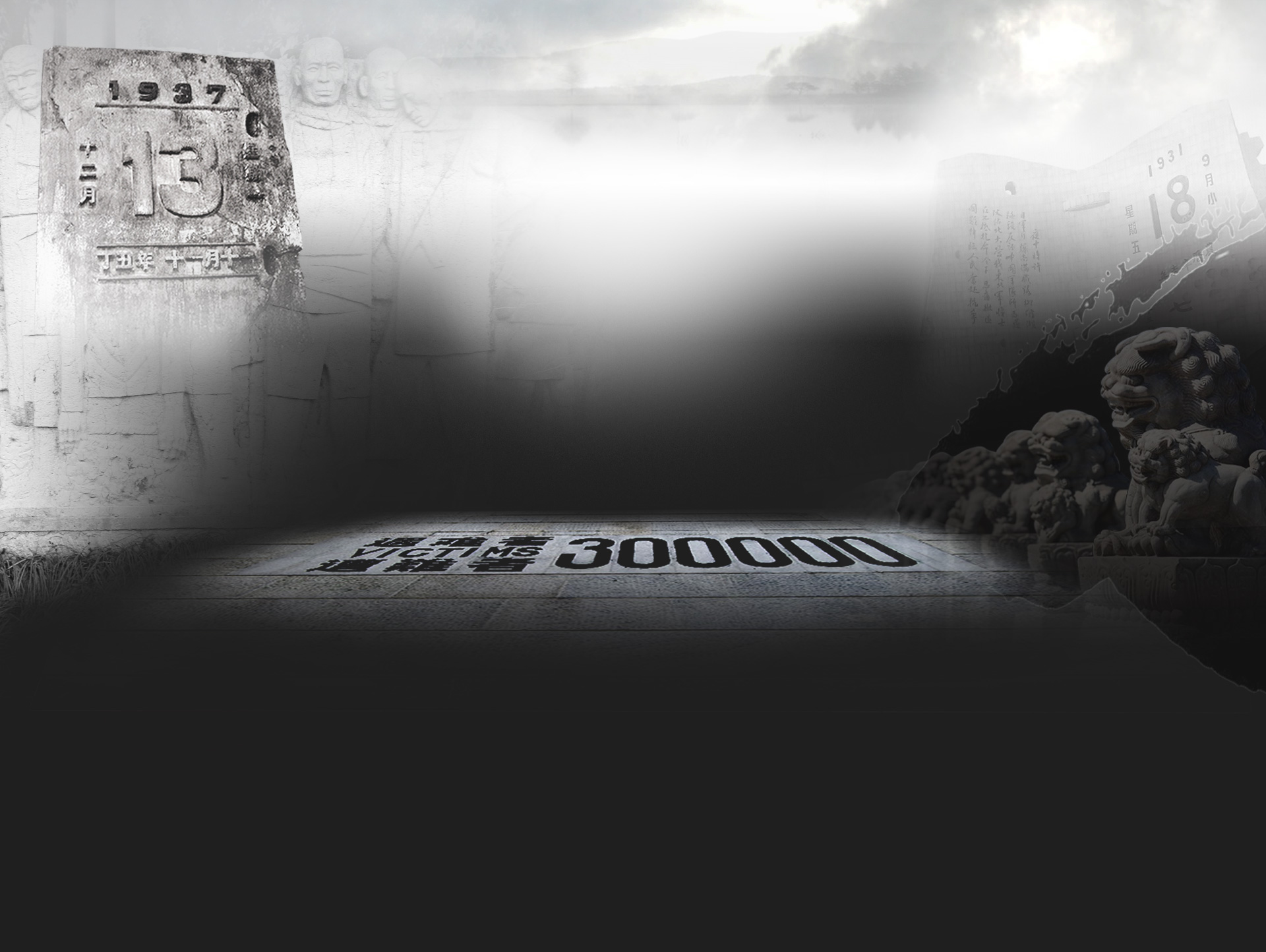by Liu Tian
TOKYO, Oct. 10 (Xinhua) -- Japan, the culprit of the notorious Nanjing Massacre in late 1937 during World War II, on Saturday protested against United Nations Educational, Scientific and Cultural Organization's (UNESCO) decision to list one of the worst atrocities in history on its Memory of the World Register.
Calling the inscription "extremely regrettable," the Japanese Foreign Ministry said UNESCO "should be neutral and impartial" as an international organization, and the ministry argued that the documents on the Nanjing Massacre were based on China's " unilateral assertions."
It is not the first time that the Japanese government has protested against the UN over WWII-related issues, as Tokyo regarded them as "anti-Japanese." Last month, Japan was up in arms against UN Secretary General Ban Ki-moon's participation in China' s WWII Victory Day commemoration.
However, such protests lodged by Japan exposes its guilty conscience over the hideous barbarities committed by the Japanese Imperial Army against its Asian neighbors and the country's cowardice to face up to its wartime history even after seven decades.
The Japanese people are proud of their courteous manner and will say "sumimasen" many times in a single day. However, the government is reluctant to apologize for, or even worse, to whitewash and deny what it did in the past.
Prime Minister Shinzo Abe, a well-known historical revisionist, stopped short of offering a fresh apology for the country's past barbarities and closed the door for the nation's future apology for heinous wrongdoings in a high-profile statement marking the 70th anniversary of the end of WWII.
Historical issues, including the Nanjing Massacre and the " comfort women" abomination, have been a major obstacle for Japan to mend ties with its victimized Asian neighbors, especially China and South Korea, and there have been few signs that the Japanese government wishes to reconcile with the two closest neighbors.
Abe, during his visit to the Yad Vashem Holocaust History Museum in Jerusalem earlier this year, said he has "learned how merciless humans can be by singling out a group of people and making that group the object of discrimination and hatred," adding that "the Holocaust, never again."
But what the prime minister said in Israel was apparently hypocritical given the Japanese government's attitude toward the Nanjing Massacre and the "comfort women" who were forcibly recruited as sex slaves in Japanese military-run brothels during WWII.
Japan is taking more and more moral liabilities in front of the international community, and the only way for Tokyo to regain the world's trust is to bravely look squarely at its own history and stop its provocative tricks on historical issues.
